Out of Equilibrium
Standard equilibrium economic models focus on interdependencies. In Out of Equilibrium, Amendola and Gaffard develop a theory also dealing with interdependencies, but based on disequilibria, which take the form of feedback mechanisms over time. The way in which these disequilibria interact sequentially determines the evolution path of an economy. As a result, different processes may be associated with any kind of original shock. Whereas in equilibrium models these processes are determined by the 'fundamentals' of the economy, here the outcome is heavily influenced by the processes themselves, the sequential decisions taken, and policies followed. The model proposed in this book is a heuristic tool that makes it possible to explore these 'disequilibria'. By using it, economic phenomena and policy recommendations appear entirely different, and in most cases the interpretations made are diametrically opposite to those advocated by the dominant equilibrium theory, thus giving a new perspective on the recent past of the Western economies.
{{comment.content}}
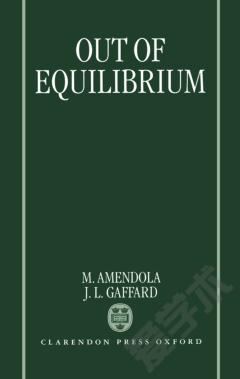
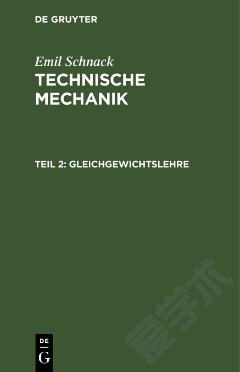

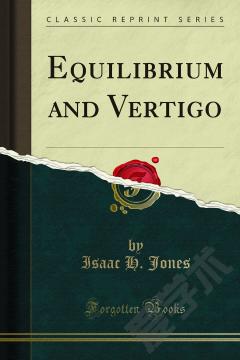
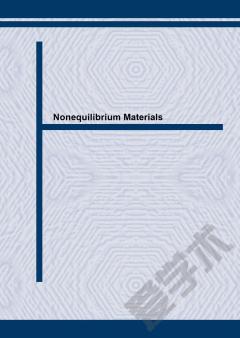
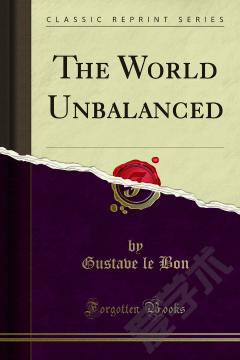


 京公网安备 11010802027623号
京公网安备 11010802027623号